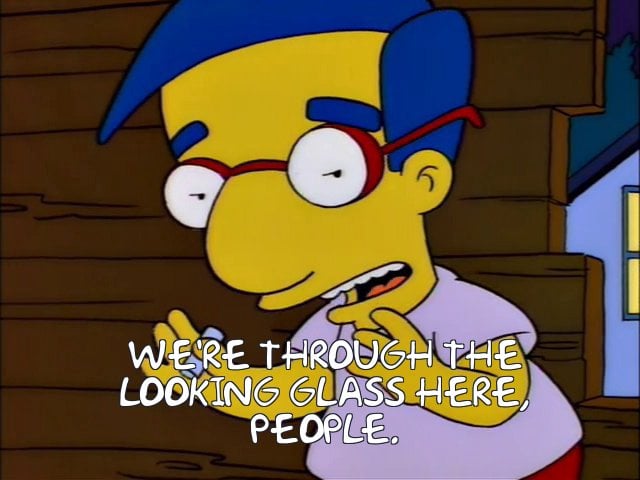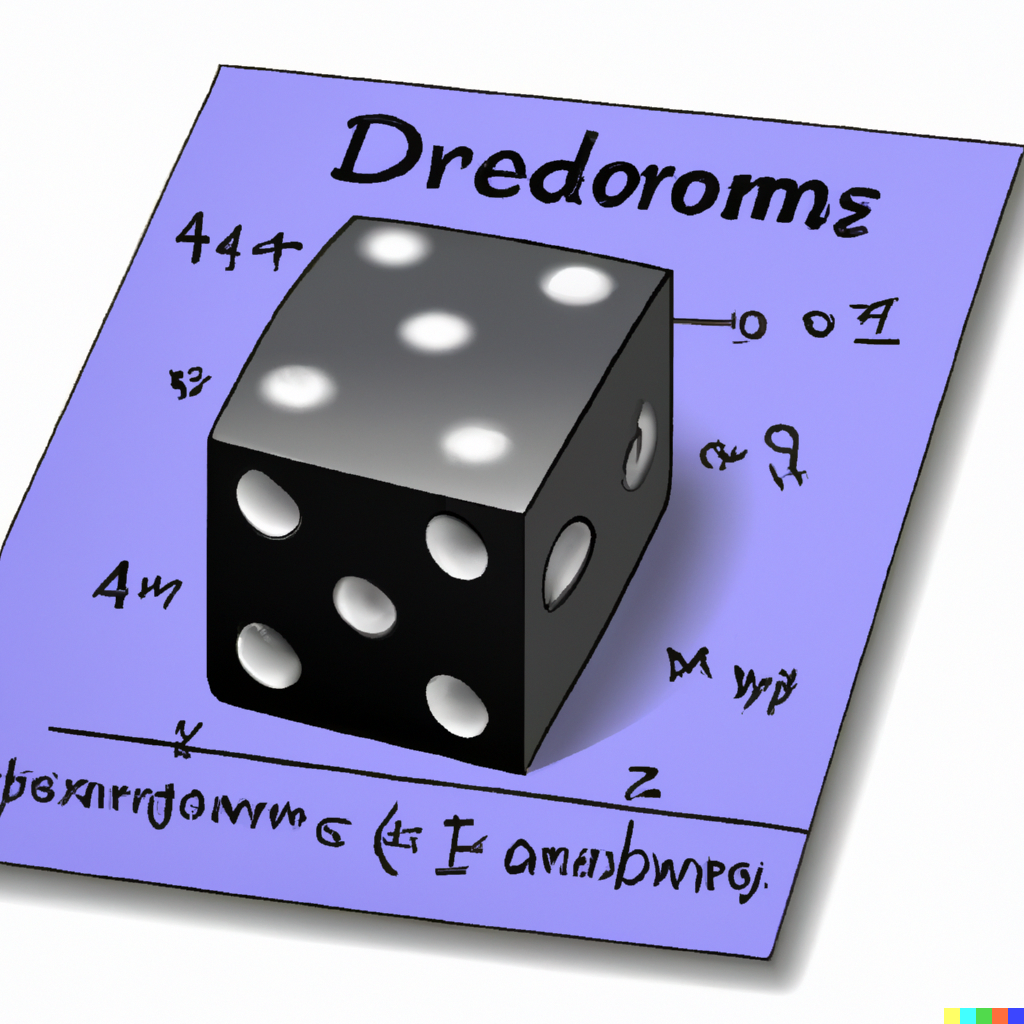While most sugaring operations used to rely on buckets and spiles, more are upgrading to vacuum tubing systems able to suck more sap from the tree over longer periods.
How much you wanna bet this is gonna be bad in the long-run? I’m predicting that increasing the sap harvest from individual trees is going to damage the trees; and while the effects may not be seen in the next couple years, I bet eventually the trees will start getting sick and start dying because they don’t have enough sap.
The reddit thread on this is full of people talking about this being the best year they’ve ever had, so… maybe not as great a system as they’re selling it to be?
The maple syrup supply is a fraud set by the syrup foundation.
The stockpile and intentionally limit supply to drive prices.
I wouldnt be surprised if the “winter that wasnt” is just an excuse to raise price and they have heaps
https://nypost.com/2021/11/26/canada-releases-50-million-pounds-from-maple-syrup-stockpile/
🙂capitalism is fun guys🙃
My friend has a little 300-tree operation. He says it’s the best year he’s ever had.
Big maple is lying to us!
I make syrup out of the tree(s) in my yard.
It’s true. It was such a weird year weather wise that I only got about 2 bottles of syrup. Normally I can get like… 8-10?
A lot of people don’t really know how sap production works, but it really is a pretty limited window
That being said, if you live outside of a maple tree (or some other kinds), go buy a $20 tap or whatever from Amazon. It’s fun and surprisingly piss easy to make syrup at home.
Out of curiosity, do you have to refine it somehow, or is it good to eat straight from the tree?
I have no real firsthand experience making syrup, but one of my scout leaders years ago used to make his own so I picked up some bits and pieces from him.
When it comes out of the tree, it’s very watery, I’ve never had the chance to try it myself but I’m told that it’s very refreshing, and I believe it’s actually lower in sugar than something like coconut water.
Then you boil it down to concentrate it into a syrup.
And as I understand it, that’s pretty much it, I suspect at some point it maybe goes through a sieve or a filter of some kind to catch any particulates that might be in there.
I don’t know if it’s a common practice, but my scout leader had also rigged up a reverse osmosis system to cut down on how long he needed to boil it. Normally with a RO system, it puts out clean water and you throw away the concentrated waste product, but in his case the “waste” is what he wants, not quite syrup, but more concentrated maple water that requires less boiling to make syrup.
RO systems are common for industrial sugaring but rare for hobbyists, mostly because they’re expensive and partially because they don’t provide as much of a benefit for the boiling time at a smaller scale (you still need to set aside a night to do it).
That makes sense, he’s probably pretty much exactly on the line between a large-scale hobbyist and small industrial operation. He’s got a lot of property with a lot of trees to tap, but it’s pretty much just him and his family doing it all the work, and he does sell it but more as a side-gig than any serious source of income.
I do remember him saying that it pretty significantly cut down on the amount of fuel he needed, but knowing him it’s probably just as likely that he did it because he thought it would be fun to tinker with an RO system than because of any savings.
They are really fun to work with. Once you have the sap feeding into the RO machine then the evaporator with tubes you really feel like you have a little factory going!
Sap itself is essentially water. You probably… could just drink it alone but don’t. It’s weird and a little gross.
You basically just pour it all in a vat and boil it down. It boils down at a 40:1 ratio. 40 gallons of sap is about one gallon of syrup.
You just boil it until it reaches the correct sugar concentration, or until you’re pretty satisfied
Gross as in it tastes bad raw?
It’s not inedible but it certainly isn’t something I’d want to drink a lot of. It picks up all sorts of tastes from the tree and tubing and it doesn’t have the good caramel-analogous taste of syrup yet. It’s noticeably sweet though. Think sugar water with a hint of tree bark (which is basically what it is). I’d recommend tasting it once or twice if you haven’t for the novelty, but yeah it’s not very good unboiled.
I mean, I haven’t tried it in any significant quality, it’s incredibly close to normal water at that concentration. Maybe a bit woody, really not sweet.
It’s also just unprocessed tree-water you get from a bucket and I’m not an expert on the health and safety of all that but yunno, to me it’s something I’d want at least boiled first.
It didn’t seem that different from like… tree fruit juice, but based on some of the comments I’ve gotten, it doesn’t sound like it would be very pleasant.
You can drink it straight from the tree but they say it gives you diarrhea.
Maybe, just maybe, we should be considering the impacts of increased natural gas consumption on climate change? Although direct CO2 emissions from burning are about half that of coal, natural gas (i.e., methane) is a GHG that’s 80x more potent than CO2 over 20 years and about 30x more potent over 100 years.
Meanwhile, a significant proportion of natural gas is lost during transmission due to leakage… Figures, then, that the symptoms of climate change seem to be escalating just as natural gas is being used to replace coal.
Burning natural gas does have an important benefit: it burns much cleaner, which reduces particulate emissions.
Maybe we should switch to clean, renewable energy wherever possible and save important, nonrenewable hydrocarbons for future generations. There may not be an energy breakthrough that comes along to replace them.
Maybe. But I just want syrup for my pancakes.
Maple syrup shortage? Canadians everywhere:

Maybe I’ll buy an extra bottle next time I’m at the store, eh?
This is how grocery shortages happen










